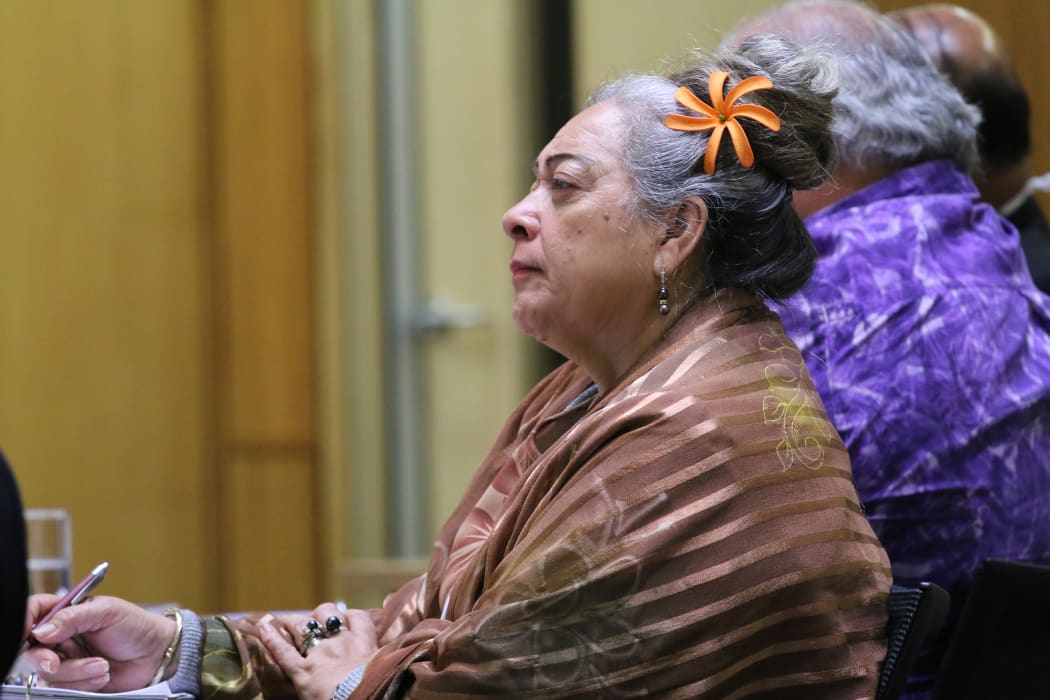
The speaker of the Cook Islands Parliament Niki Rattle. Photo: RNZ/Daniela Maoate-Cox
"Women don't vote for women" Niki Rattle says, the flower tucked into her bun, burning orange against the blend of grey and brown of her hair.
"Culturally, women don't vote for women because they're supporting the men in their families."
But that culture needs to change she says, and as Speaker of the Cook Islands parliament, Niki has criticised it for failing to cultivate a welcoming environment for women and remaining entrenched in the Westminster system.
"In the Cook Islands flowers represent many things in culture and it is tradition to wear a flower garland (pale) to almost every occasion, except in Parliament," she says in a Talamua Online report.
"Women are also not allowed to wear trousers in parliament, unless it's an appropriate suit."
But no such restrictions are in place today and the orange flower is tucked almost defiantly behind her ear.
Niki is representing the Cook Islands at a sexual health conference in New Zealand along with male delegates Tangata Vavia from the opposition party and the secretary of the Cook Islands Parliamentary select committee for population development, Tangata Vainerere.
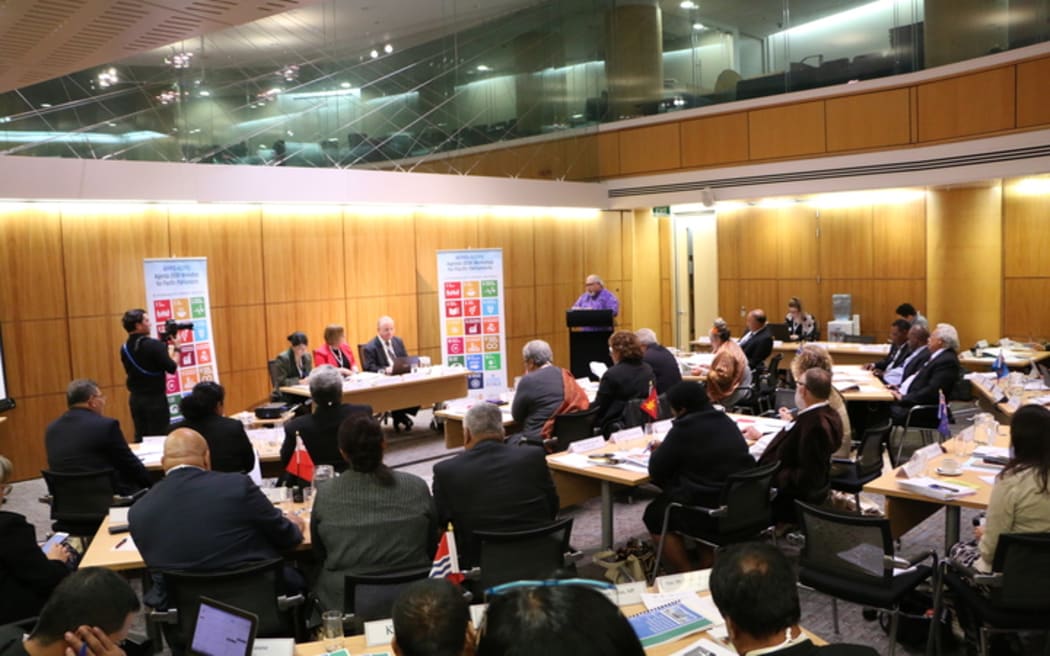
Pacific delegates at a workshop for Pacific Parliaments on prioritising sexual and reproductive health held in September 2016. Out of the 23 MPs present 10 are women. Photo: RNZI/Daniela Maoate-Cox
The country's Parliament has 24 seats - four of which are occupied by women.
"The women members have said to me, 'Oh we're all right, we've got four women in Parliament - but in 2015 we celebrated our 50th year of self-government," she says.
Her voice drops as she leans in.
"And in 50 years, still, the most we've ever reached out of 24 members in Parliament is four women members," she sits back shaking her head.
"You can't tell me we're all right. It's not acceptable."
The level of women's representation in Parliament throughout the Pacific is among the lowest in the world with women comprising less than 16 percent of all parliamentarians in the region according to the Inter-Parliamentary Union (IPU).
Many see it as a man's job.
"It's been a male's role for so many years but I think the appetite's out there for women to come and get involved at that level of decision making," Niki says.
"So it is important that we do something more than what we've always done."
In the home, the mother and father will raise the family with each bringing different views to the table she says and Parliament should be governing the country with the same variety of opinions.
"Women come with the everyday needs of the household, the feeding of the children, looking after the money to do the shopping, the availability of water and clothing, the children's education, when somebody gets sick, mum's looking after the children. So when you look at it socially, health and education and our water sanitation, all those kinds of things, women have a lot to contribute."
"There are a lot of things that women can bring to balance out the thinking because you know men talk about the roads, the machinery and the wharfs, all necessary things but you have to have both to make it work."
The voices are different
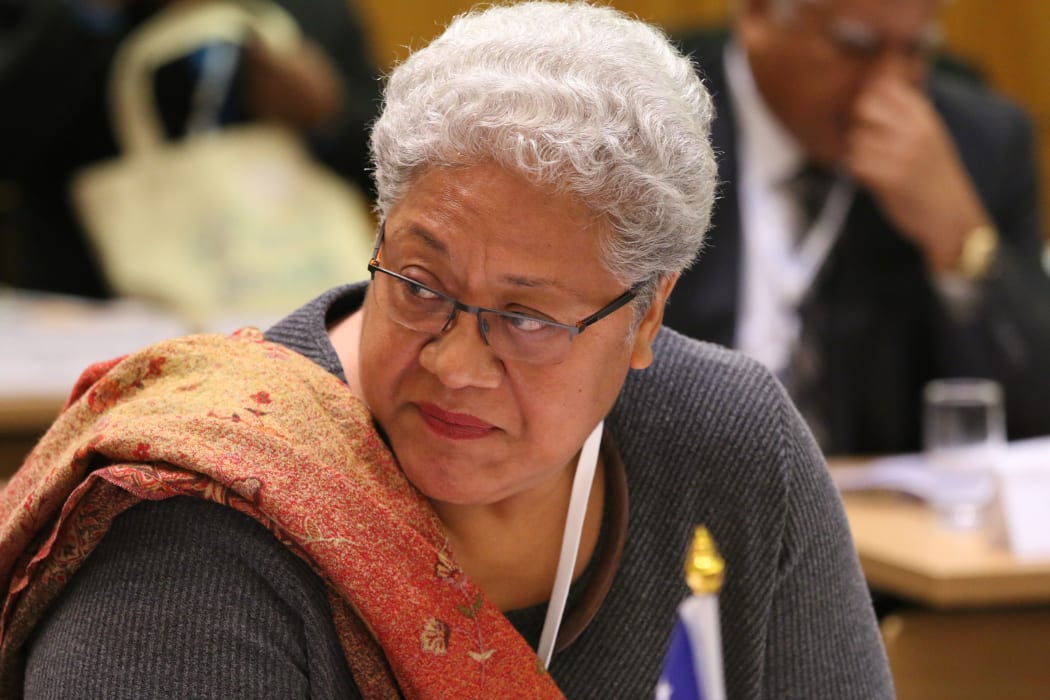
The Deputy Prime Minister of Samoa Fiame Naomi Mata'afa says it's important politicians check they're meeting the needs of their people. Photo: RNZ/Daniela Maoate-Cox
Over an airport in central Rwanda in 1994 a missile is fired into the air hitting a private jet carrying the country's president
Conflict between Tutsi and Hutu has been ongoing for decades and the assassination sparks mass killings of the Tutsi population who are blamed for the attack on the Hutu president.
Over the next 100 days it's estimated between 500,000 and one million people - or 20 percent of the total population - is wiped out in what is known as the Rwandan Genocide.
The majority of the population leftover are women, a number of whom step into political roles for the first time in the country's history
Two decades later, Rwanda boasts a government of which 64 percent are women and it's held the title for the highest proportion of women in its parliament since 2004.
The country is touted as an example of what can be accomplished when electoral gender quotas are firmly placed in policy.
"They say, you know 'Rwanda, what an example that is!' and yet on a developmental scale they're not doing that well," says the first female deputy prime minister of Samoa Fiame Mata'afa.
"In the very early days of women's participation, on the whole equality issue there was the correlation between the country's level of development and social improvements and reform and I think that would be true of the region, the state of its development is perhaps reflected in all these elements," she says.
Political reform after a conflict is a key factor in countries which have gender diverse governments according to 2016 UNDP report on temporary special measures to increase Women's Political Participation in the Pacific.
But the Pacific hasn't gone through that level of political turmoil, Fiame says.
"I think their experience colonially was a lot more difficult than perhaps the Pacific and the Pacific had sort of a friendly evolution into self-government whereas in Africa they had to fight for it."
She admits killing off men is an extreme measure but says it's important to have context when making comparisons.
"It's been a sort of friendlier thing in the Pacific but I don't think it's necessarily done a thing for equal participation of its women."
"I mean domestic violence is still such a big thing in the Pacific still but that's all a part of the gender equality thing because you know the perceptions are still there that women are second class citizens and it's just their lot."
Samoa endorsed an amendment to its constitution in 2013 which reserves five floating* parliamentary seats for women becoming the first Pacific independent state to do so.
Like Rwanda, Samoa is lifted up as an example to the rest of the Pacific, but Fiame cautions that having five women in a parliament of 50 is not the end goal.
"They say that politics is about representing issues or interests so men can't really represent interests that women have and reproductive health is one of those things," she says.
Men can't represent women on certain issues like equality she says but adds that all issues are women's issues when it comes to representation in government.
"I think that's why governments were the way they were before. Because it was men and they had a particular perspective on what was important, what were priorities, how to do things."
"Women do things very differently so I definitely think it changes when the women come in - the voices are different.".
*If less than five woman are elected to the 49 seat Parliament then extra seats are added until there are five women MPs meaning parliament can be increased to 54 seats.
We missed our chance
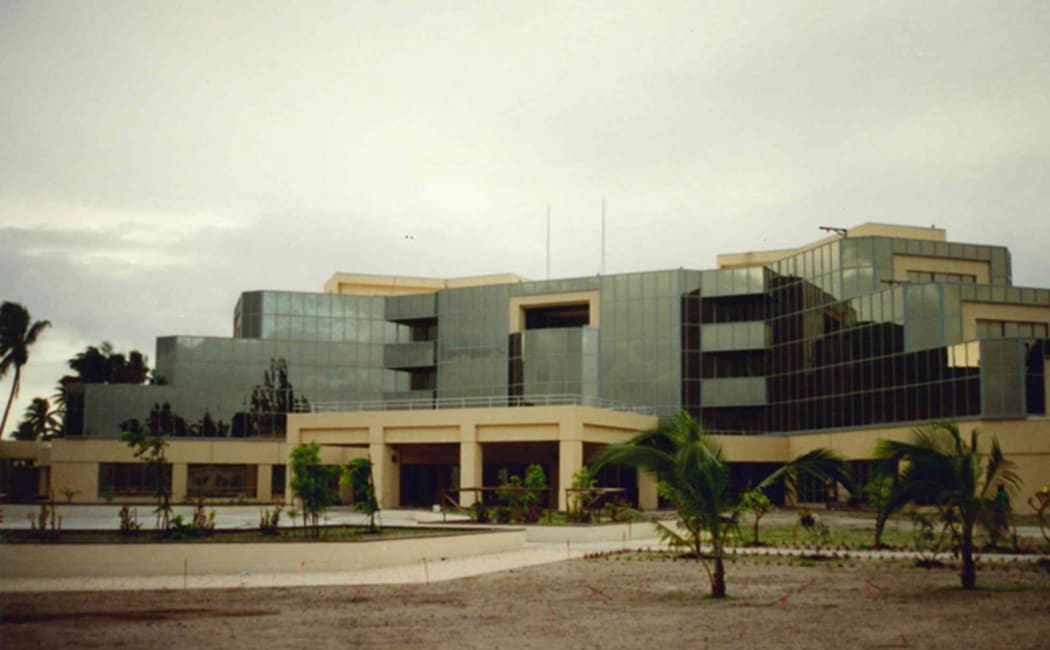
Marshall Islands parliament Photo: Supplied
Casten Nemra had the job as Marshall Islands president for a only a week before he was toppled by a no confidence motion in January 2016.
He made history for having the shortest tenure of a presidency ever in the history of the Marshall Islands but the following day history was made on even grander scale when the senate elected Hilda Heine as its first female president making her the first woman to head the government of an independent Pacific Island nation.
2016 continued to yield positive results for women in politics as Tonga elected Akosita Lavulavu in July of 2016 as its sole woman MP - she is now pushing for reserved seats for women in Parliament.
Other countries including Kiribati, Vanuatu and Papua New Guinea have attempted so far unsuccessfully to bring in legislation reserving seats for women.
"When I was in there I was 0.9 percent of the Parliament, I was one woman and 108 men," says Australian-born Papua New Guinean politician Dame Carol Kidu.
On her retirement in 2012 three women were elected making up 2.7 percent of the Parliament of PNG.
"People heralded it as a victory, as it was for those women, it was excellent work," she says.
"But you couldn't call us a representative democracy when half of the population has only 2.7 percent of Parliament."
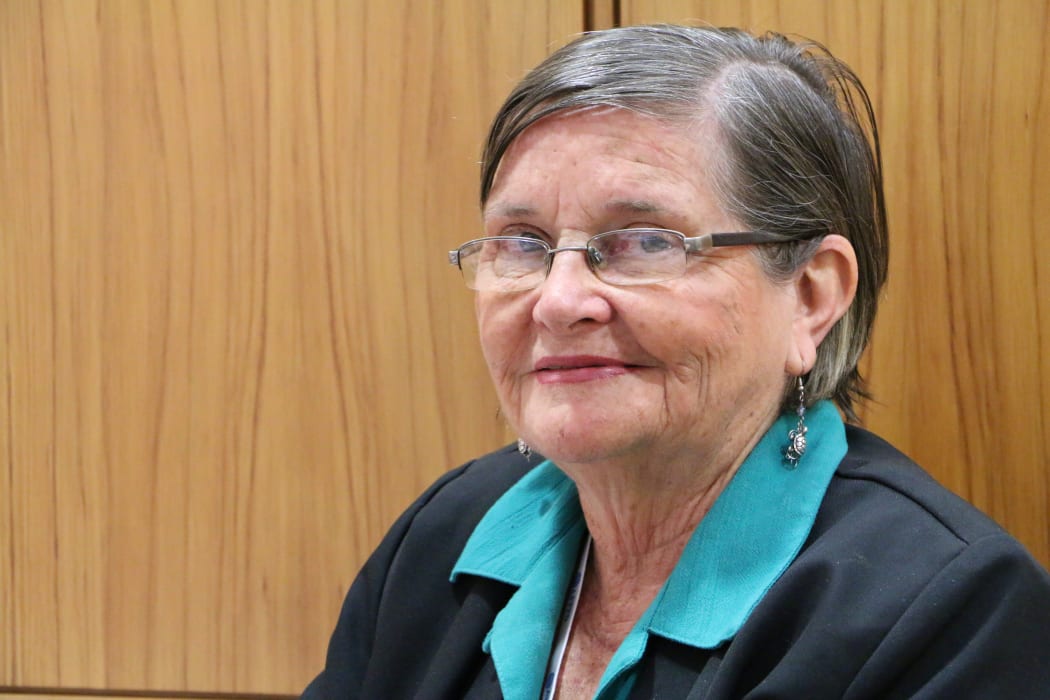
Dame Carol Kidu Photo: RNZ/Daniela Maoate-Cox
Dame Carol entered politics in 1997 and campaigned vigourously for reserved seats for women and in 2011 PNG passed a bill to set up 22 reserved seats.
But enabling legislation was not passed in time for the following year's election and the three women MPs who were elected ruled out supporting the legislation.
"I think we've missed our opportunity. I'm struggling on how to do it in PNG now," Dame Carol says.
"It is not going to happen by legal reform anymore... because our members now have a very large delivery fund that goes through the members and to increase that delivery fund by ten more members or something..." she pauses.
"It will never get through."
The delivery fund is a District Services Improvement Fund of about 10 million kina ($US3.1million) which takes money through political mechanisms but Dame Carol says the cost of bringing 22 new MPs in would be too huge for Parliament to swallow.
"I think for Papua New Guinea the only way forward is to really work through political parties which is done in Timor Leste, and they have 35 percent women in Parliament because it is legislated through parties."
Requiring political parties to have a quota for women members is another measure suggested by the UNDP to increase women's participation and a bill to force parties to have at least 10 percent women candidates running for elections is before PNG's Parliament.
But Dame Carol isn't sure if PNG will pass it.
"That's too radical a change to bring in to PNG politics probably, so we really are in a way trapped at present."
Reserved seats, and legislated candidate quotas have been the most popular solutions to increase women's political participation but cultural attitudes and gender bias against women and the financial difficulties that come with running a campaign continue to hold women back from standing.
Niki Rattle however, doesn't think all hope is lost.
"I do believe there is a shift of thinking and I do believe that it will all change but the women need to make that change in standing, because if you don't stand then the opportunity's not there".


